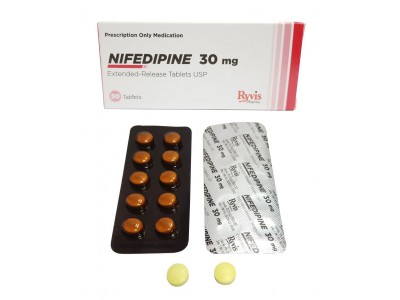Nifedipine is sometimes used during pregnancy, primarily to manage certain conditions related to pregnancy-induced hypertension. One of its key uses is for the treatment of preterm labor, where it helps to relax the uterine muscles and delay premature contractions. This can be crucial for extending the pregnancy to allow for better fetal development.
Nifedipine may also be used to manage high blood pressure in pregnant women, particularly in cases of gestational hypertension or preeclampsia. Its role in lowering blood pressure can help reduce the risk of complications for both the mother and the baby. However, its use in this context is carefully monitored due to potential side effects and the need for appropriate dosing to balance efficacy and safety.
The use of nifedipine during pregnancy requires careful consideration and close supervision by a healthcare provider. They will evaluate the benefits against potential risks, including effects on maternal and fetal health. If prescribed, the healthcare provider will regularly monitor the patient to ensure that the medication is working as intended and to adjust treatment as needed for the well-being of both mother and baby.

